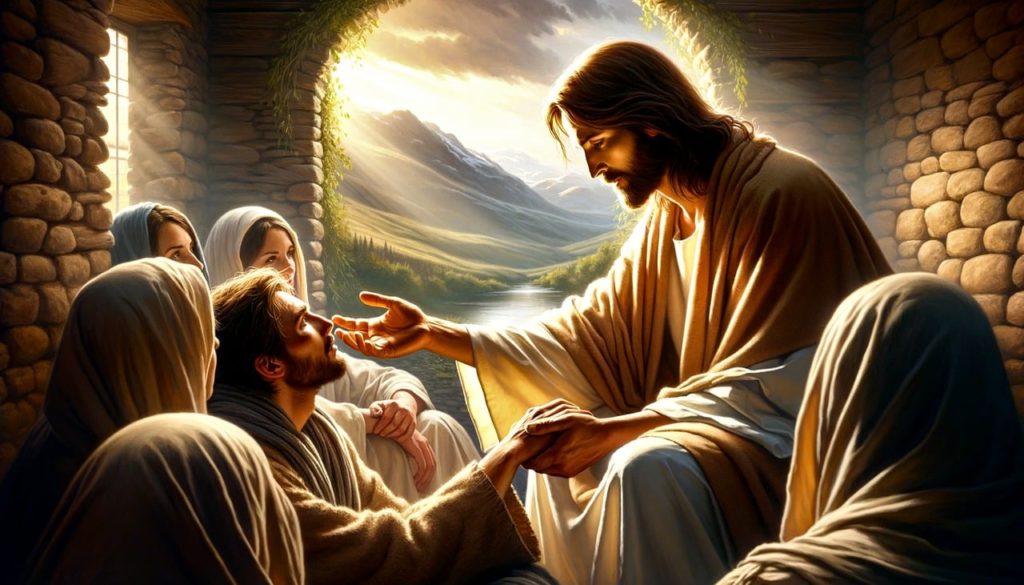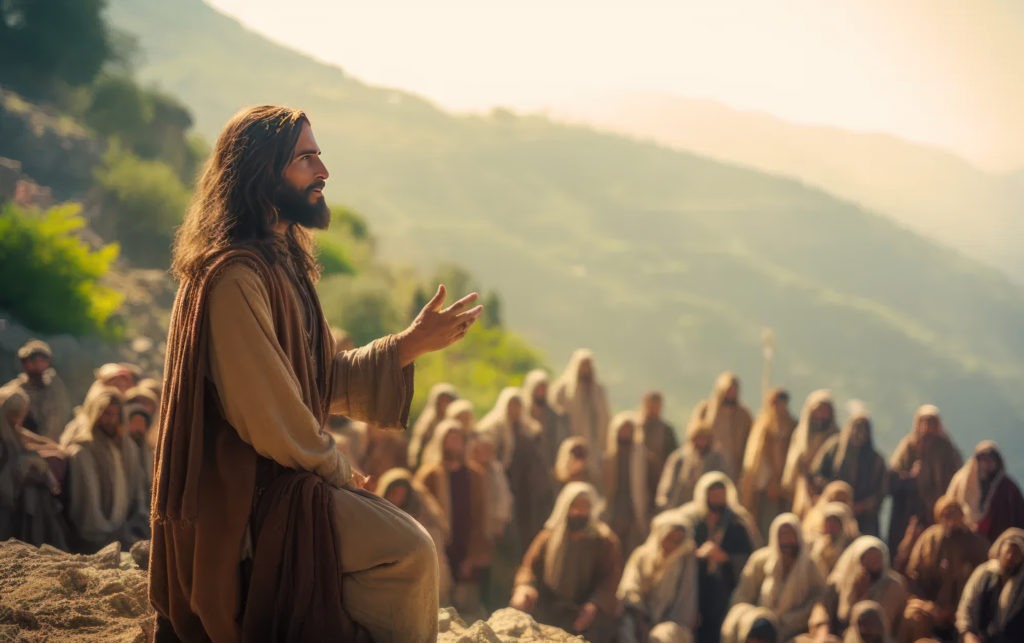We may not know the story as well as we think…
Unless one has lived beneath a rock all their lives, Jesus’ Parable of the Prodigal Son will not be new to them. As you can see, I took liberties with the title because I believe both sons are equally important to the lesson. As it appears in the Gospel of St. Luke (Luke 15:11-32), Jesus is telling the third of three Parables (The shepherd and the lost sheep, the woman and the lost coin, and finally the Parable of the Prodigal Son) to his audience at supper. Surrounded by friends, Disciples and Pharisees; Jesus is, as he so often did, trying to get through to the church elite, The Pharisees. Though the lesson was mostly lost on these puffed-up, self-import targets; the lesson is a good one that bears repeating, especially today. Please indulge me while I share some of my more recent observations. Perhaps we will all come to a new revelation about this beloved story and its deeper meaning.

Setting the Stage
First, let us examine the major characters in this two-act play. In the first act, the younger son addresses the father, requesting his share of his inheritance. There is a lot of context here lying just below the surface of the request. As the younger son, he must be chafing at his station in life. Eager to strike out on his own and captain his own choices. He wants to see the world, or at least something besides his family estate. The request is a bit odd at first glance, but as we look a little closer at the times and the societal norms of the early Jewish community, we begin to see more than originally meets the eye.
- Can you say RUDE? The father is still very much alive, very much the authority figure of the household. The young son is being very disrespectful to his father. He wants his spoils even before his father is dead. Blatantly saying that he only wants him for his money. The father was publicly shamed, losing face in the community.
- The father, rather than becoming angry and disowning the son, honors the request at much cost to his purse, his status, and his pride.
- The younger son does what is predictable, falling from grace, he squanders his new fortune. He lives on the seedy side of societal practices and even patronizes the prostitutes of his new community. And, you guessed it; it does not take long, and the money is gone. The son is left to work as a keeper of pigs, starving to nourish body and soul.
- He imagines that even the slaves who labor for his father have more comfort than he does and decides to swallow his pride, return home and beg to be hired as a slave in his father’s household.
- The curtain closes on Act 1 as the father sees the son returning at a distance and runs in delight and overflowing love to greet his lost son. The father does not wait for an apology, nor does he wait for any act of repentance. Before the son can deliver what surely must have been a rehearsed speech seeking to be readmitted to the family that he was previously eager to leave behind, the father had smothered him with an unseemly display of affection. Jewish heads of household did not run in the dust. Children ran, wives ran, young men ran. Authority figures did not stoop so low, and he must not have cared who saw and scoffed or cast shame.
- The father called for his best robe, the fatted calf, rings for the son’s fingers, and the party began. Celebration and feasting were in order (a common theme in each of the three parables). The son had returned. He was reborn. Time to rejoice.

Act 2 begins with the elder son. Hearing the news and the festivities surrounding his brother’s return he takes on an equally disrespectful persona as his brother and dresses down his father in the face of this perceived slight. He threw a fit and questioned his father’s right or authority to show any charity to the younger son. How dare the father share his inheritance with this unworthy sinner? After all, the elder brother was perfect. He had always done what was expected of him. He expected (read demanded) his just reward. After all, the younger son had even slept with whores! Again, the father had acted differently than was traditional for Jewish society. He had left the feast to go outside and try to talk to the older brother, to beg him to reconsider his rejection of father and son. Jealousy wins out and the elder son refuses to see reason (love). The party goes on without him.
Now here is where the story gets really good. In the end, we find that the story isn’t about a wayward son. It isn’t even about a spoiled, expectant, disrespectful elder son. It doesn’t take much to see that the most important figure in this parable is the father (or rather The Father).
Many of us have mistakenly thought that the word prodigal referred to the “wayward” returning son. Merriam-Webster defines the word Prodigal (an adjective):
- characterized by profuse or wasteful expenditure
- recklessly spendthrift
- yielding abundantly
These qualities are glaringly descriptive of the father. Unconcerned for his own status or respect within the community, he recklessly lavished all the (perhaps undeserved) love on both his sons without concern for how he might look.
And now the Prodigal is revealed
Seems to me that the father in Jesus’ parable is, in reality, his own Father. Our Prodigal God. Moreover, this story challenges us to reflect on our understanding of God’s nature. The term “Prodigal God” encapsulates an extravagant love that knows no bounds. It invites us to consider how often we limit ourselves in believing that forgiveness has conditions or that our past defines our future. Instead, through this parable, we are reminded that true love is lavish and relentlessly seeks reconciliation. Who is more prodigal, recklessly spendthrift, extravagant with his love and compassion for his children than God? Has it not always been so? The bible is full of stories of rebellion and perceived slights. But didn’t God sacrifice His own Son to redeem us from our brokenness?
Ultimately, the parable serves as an invitation for each of us to explore our relationship with grace in all its forms—a journey worth embarking on for anyone seeking deeper meaning in their life.
Let us Pray

Abba, Father, we thank you for the prodigal love that you carry for each one of your children. We pray that the love that you so abundantly shower upon us does not become taken for granted and that we learn to practice from your example by lavishing love and grace extravagantly upon each other and, indeed, upon the world, you have made for us. We pray that as it is spent without restriction, that love will grow exponentially. We pray in Jesus’ Holy Name. Amen



